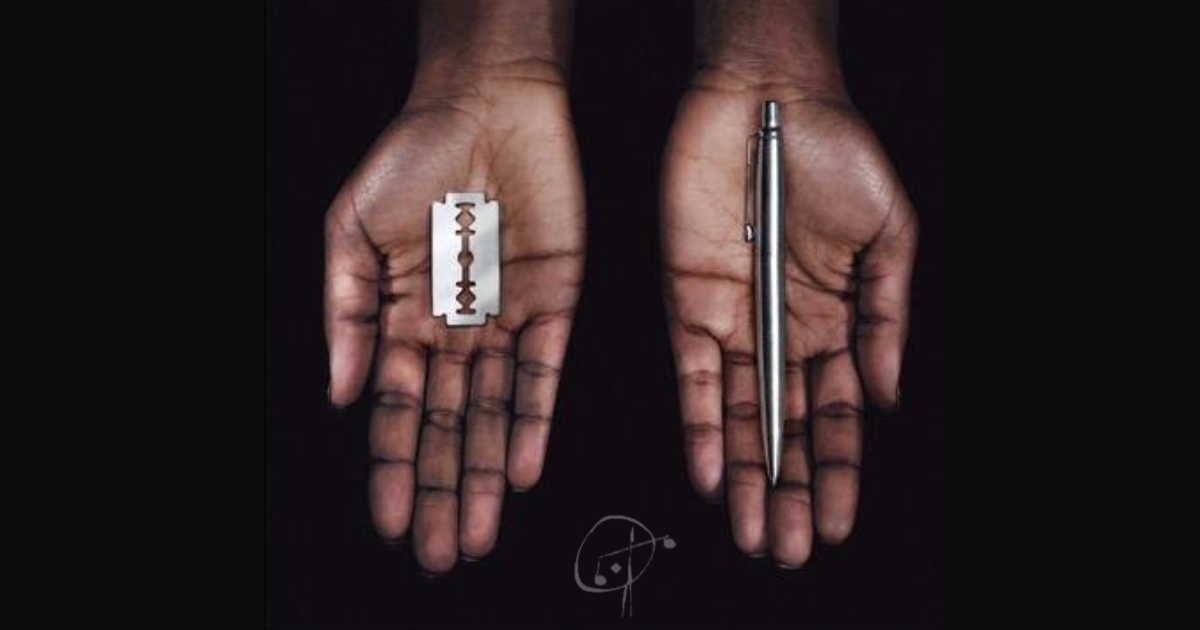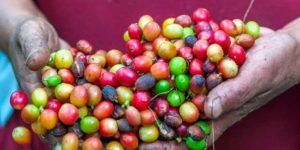The International Day of Zero Tolerance to Female Genital Mutilation (FGM) was observed on 6 February. No Peace Without Justice, together with its founder, Hon. Emma Bonino, commend all who took part in the wide mobilization, this year in many places focused on the campaign for a United Nations General Assembly Resolution to ban FGM, a human rights violation affecting over 130 million women and girls worldwide.
The Italian media campaign “Decidi tu che segno lasciare” (“Choose what mark to leave”), aimed at supporting the Ban FGM Resolution Campaign, was launched at an event on 5 February attended by government representatives as well as by women’s rights activists and other members of civil society. Partners of No Peace Without Justice (NPWJ), the Inter-African Committee on Traditional Practices Affecting the Health of Women and Children (IAC) and the European Network for the Prevention and the Eradication of Harmful Traditional Practices (EuroNet FGM) organized a number of awareness-raising events to reinforce the public’s and policy-makers’ understanding about the need to combat the practice with effective measures, including legal instruments at the national, regional and international level. The mobilization, especially in many African countries in which FGM is committed, was remarkable, with a wide variety of events targeting youth, communities, parliaments, governments and the public at large. Among the activities organized were parliamentary and ministry-sponsored workshops in Mauritania and Burkina Faso, and civil society-organized press conferences, public meetings, workshops and rallies in Niger, Somalia and Cameroun. In the run-up and during the 16th African Union Summit, IAC and NPWJ strengthened their ongoing advocacy towards the Permanent Representations and Delegations meetings in Addis Ababa to support the call for a UNGA Resolution to ban FGM. The adoption of such a Resolution now would consolidate the years of progress towards the elimination of FGM.
No Peace Without Justice joined the fight against FGM a decade ago, and together with a wide network of partner organizations has organized international conferences, regional meetings and national workshops aimed at the adoption of national legislation, and the ratification of regional legal instruments, in the recognition that the law is a necessary instrument to definitively eliminate this human rights violation.
On 6 February, organizations from over sixteen African countries where FGM is committed reaffirmed their demands of their respective national governments as well as of the international community: ban FGM as a violation of the universal human rights of women and girls. The time has come to give heed to these voices, whose struggle would be reinforced and encouraged by the adoption of a United Nations Resolution banning FGM worldwide.
For further information: Betty Pagotto, +32 2 548 39 10, bpagotto@npwj.org




